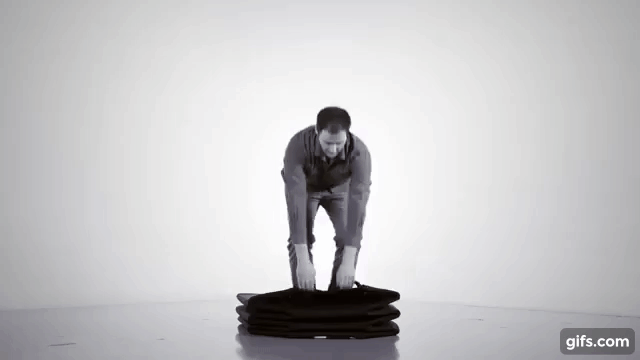Don’t Bother Waking Up for “On Call”
It is entirely possible that both actors on "On Call" are actually talented; they just don’t have much to do.

An early indicator of what to expect from Amazon Prime’s “On Call” is in the opening credits. Listed as the creator is Elliot Wolf, son of copaganda impresario Dick, who is, naturally, serving as executive producer. And yes, Dick Wolf really did just name Detective Stabler (“Law & Order: SVU”) after his own son and Detective Benson after his daughter Olivia. In a New York Times profile, Elliot Wolf described his new series as a “next-generation procedural.” An executive at Wolf Entertainment added: “Same same but different.” ‘Same same’ is right, but ‘different’ it is decidedly not.
Carrying this undercooked series, which is structured in half-hour explorations of a police officer’s day in California’s Long Beach area, are Brandon Larracuente, who plays rookie Alex Diaz, and Troian Bellisario as veteran Traci Harmon. It is entirely possible that both actors are talented; they just don’t have much to do. “On Call” begins with the murder of a cop Harmon trained. Keeping her grief close to her chest, Harmon begins training Diaz. Each episode’s structure is supposed to teach the audience about the rigors, heartbreak, dangers, and victories of being a cop. In reality, Harmon and Diaz traffic in tropes so clichéd even Michael Bay would balk at the writing. Diaz, presented like an awkward baby deer learning the ropes, has a brother who may or may not be doing business with a gang he and Harmon know to be responsible for their colleague’s death; their mother is on Diaz’s case to make sure no harm comes to him; Diaz’s girlfriend calls him a lot, and they bicker a lot.

Armed with a service weapon and a scowl, Harmon is adamant that she’s a rule-follower but not a snitch and suspects the prickly Sergeant Lasman (Eriq LaSalle, who also directs four episodes) of holding back her promotion. Everyone shows off their commitment to policing by turning down medical attention after being injured on the job. Lasman provides the requisite thin-blue-line rhetoric by complaining about how wokeness makes it harder “to put shitheads in jail.” Unhoused folks are portrayed as mentally ill children or hippies; not a moment of the teleplays dwells on the circumstances that brought them where they are, and dialogues like “They used to keep to themselves, now they’re everywhere” paint them no better than uninvited flies invading a picnic. Lori Loughlin plays Lieutenant Bishop, who turns up to bark orders. If a paint sample labeled “stern taupe” were a person, it would be Lieutenant Bishop.
Basically, only two elements of “On Call” differ from Wolf’s brand of procedural: the first is the regular switching of narratives between the director’s camera and the cops’ body cameras. If the series is meant to be a portrayal of “by-the-book” policing, the writers make clear that those responsible for upholding transparency are not only irritated by accountability but believe that the policy endangers their job security. Harmon threatens a man who has punched his mother; this threat is caught on body camera and gets her in trouble. Her righteous verbal lashing is depicted as understandable—what kind of man would punch his mother?—and thus the consequences she faces are unjust.

The second involves a common narrative structure outside of the Wolf TV Universe wherein there’s a case-/emergency-of-the-day element, in which Harmon and Diaz respond to dispatches that send them to home invasions, noise complaints, and overdoses, plus an overarching case—arresting the slain cop’s assailant—that runs through each episode. If this is Elliot Wolf’s attempt at revamping his father’s favorite genre, he has failed miserably. Yes, there’s more gore in “On Call” than would ever be acceptable on an episode of “Law & Order.” Still, a hand-held camera filming blood gushing from a neck or ants crawling over a severed hand does not automatically equate to quality television.
Approximately a decade ago, the first season of “True Detective” turned the police drama inside out. The direction, writing, acting, and cinematography questioned each aspect of a procedural, from the nature of timelines and the assumptions and biases of investigating officers to the deviant private actions of those propagating fundamentalist dogma while still maintaining a hewing to a pro-police ideology. “On Call,” to borrow a phrase from Miranda Priestly, is about as groundbreaking as florals at springtime.
Entire season screened for review. Premieres on January 9th on Prime Video.



















